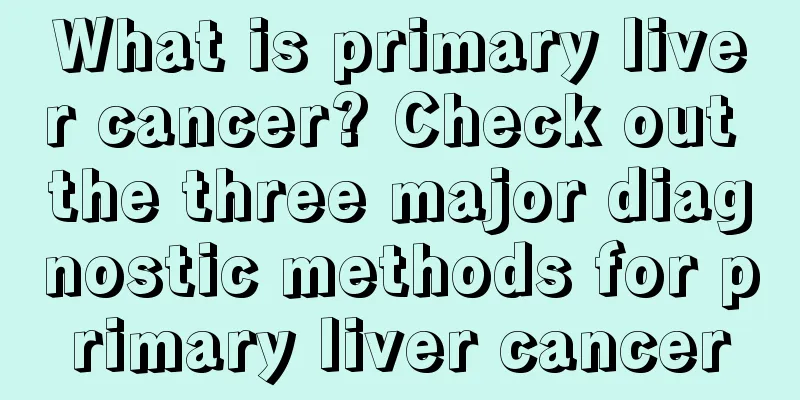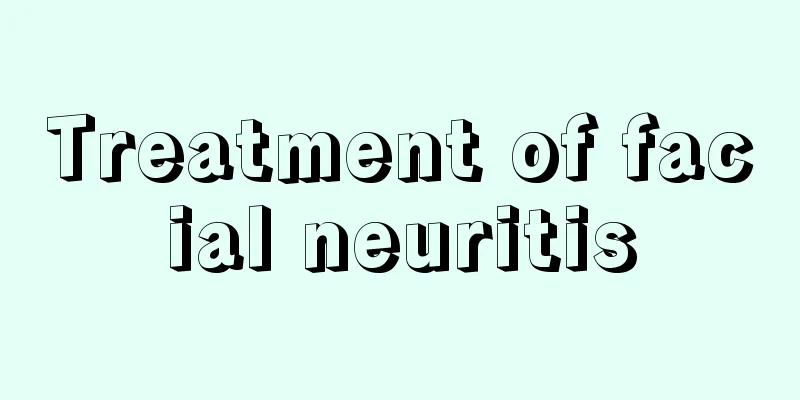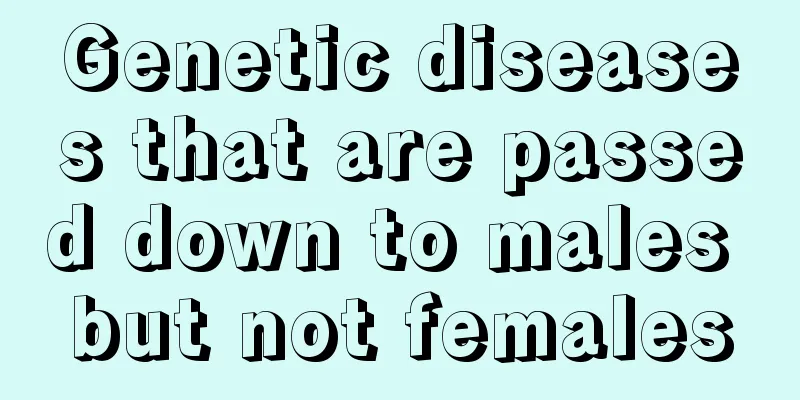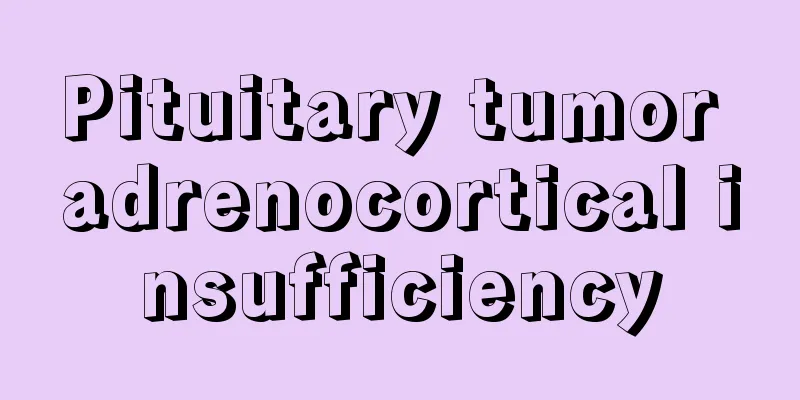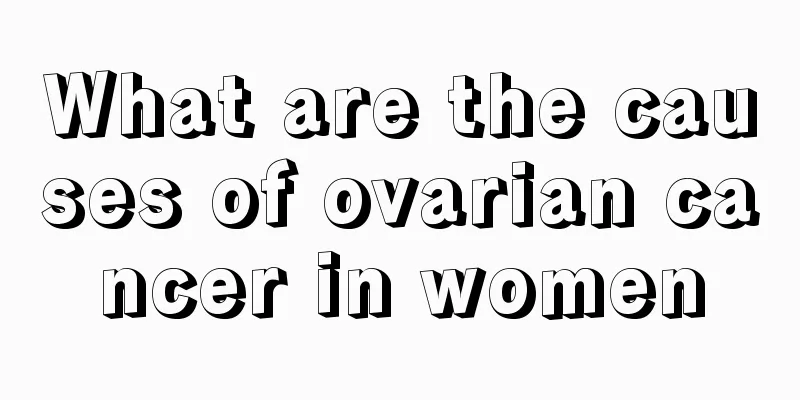How to treat mild nephritis

|
If you find that you have mild nephritis after examination, you need to seek timely treatment. This disease should never be ignored even if there are no symptoms at the beginning, because the treatment of this disease is still very troublesome. Many people will experience recurrence of symptoms after a few years of treatment. This is because daily care is not done well, so patients must avoid putting their bodies in a state of fatigue. 1. General treatment This includes avoiding fatigue, eliminating triggers such as infection, avoiding contact with nephrotoxic drugs or poisons, adopting a healthy lifestyle (such as quitting smoking, exercising moderately, and controlling emotions), and a reasonable diet. During the acute phase, you should rest in bed and gradually increase your activity after the clinical symptoms improve. A low-salt diet (less than 3g per day) should be given during the acute phase. People with normal renal function do not need to limit protein intake, but in cases of azotemia, protein intake should be limited, and high-quality animal protein should be the main source. People with oliguria should limit their fluid intake. 2. Treatment targeting the cause and pathogenesis Treatment targeting the immune pathogenesis often includes glucocorticoids and immunosuppressants. Blood purification treatments such as plasma exchange and immunoadsorption can effectively remove autoantibodies and antigen-antibody complexes from the body. Treatment targeting non-immune pathogenesis, including hypertension, hyperlipidemia, hyperglycemia, hyperuricemia, obesity, proteinuria, intrarenal hypercoagulable state, renin-angiotensin system activation, and oxidative stress. Renin-angiotensin system blockers, such as ACEI/ARB, are one of the most important therapeutic measures to slow the progression of kidney disease. 3. Treatment of comorbidities and complications Patients with kidney disease often have multiple comorbidities, such as metabolic abnormalities, hypertension, coronary heart disease, heart failure and cirrhosis, which may aggravate the progression of kidney disease and should be actively treated. Complications of kidney disease may involve various systems, such as infection, abnormal coagulation function, renal hypertension, renal anemia, renal osteodystrophy, water, electrolyte and acid-base imbalance, acute left heart failure, pulmonary edema and uremic encephalopathy, and should be treated actively. 4. Renal replacement therapy Including dialysis treatment and kidney transplantation. When acute or chronic renal failure occurs and dialysis is indicated, dialysis treatment should be given promptly. There are two types of dialysis treatment: peritoneal dialysis and hemodialysis. |
<<: Can I have a tooth extracted if I have a minor cold?
>>: Does a slight overbite need to be corrected?
Recommend
What are the methods to judge fever caused by indigestion
There are still many problems that children are p...
What to do if you suspect you have breast cancer? Teach you 6 ways to check for male breast cancer
When it comes to breast cancer, we think of it as...
Experts remind that rectal cancer has three common complications
If rectal cancer is not treated early, complicati...
A more obvious sign of colon cancer
There is no most obvious sign of colorectal cance...
How to grow taller after 20 years old
Whether male or female, they will stop growing ta...
What are the best chemotherapy drugs for breast cancer
What are the best chemotherapy drugs for breast c...
Which hospital in China is the best for treating lung cancer? Four causes of lung cancer that you must know
After suffering from lung cancer, patients and th...
Can advanced thyroid cancer be cured?
Whether advanced thyroid cancer can be cured is a...
The key to osteosarcoma prevention
Many osteosarcoma patients wait until they experi...
What to do with oral ulcers
Oral ulcers can be said to be a very torturous th...
Why does thyroid cancer not affect life expectancy
In traditional concepts, thyroid cancer is a type...
What causes anal itching in the middle of the night
As the main organ for defecation, the anus can ca...
What are the causes of liver cancer? Analysis of 7 causes of liver cancer
When it comes to liver cancer, I believe that any...
What are the benefits of practicing splits
If you like dancing, then you must know that lear...
Why is my right eye twitching? Beware of these reasons
Many people think that the right eye twitching is...
